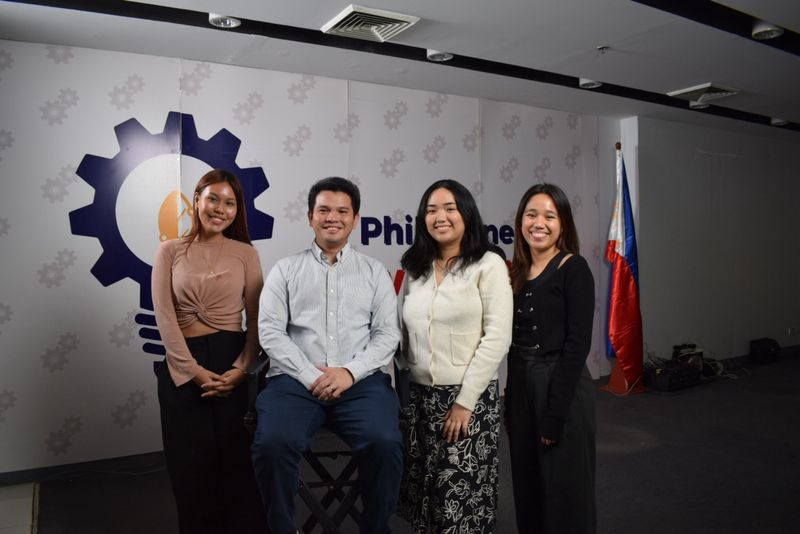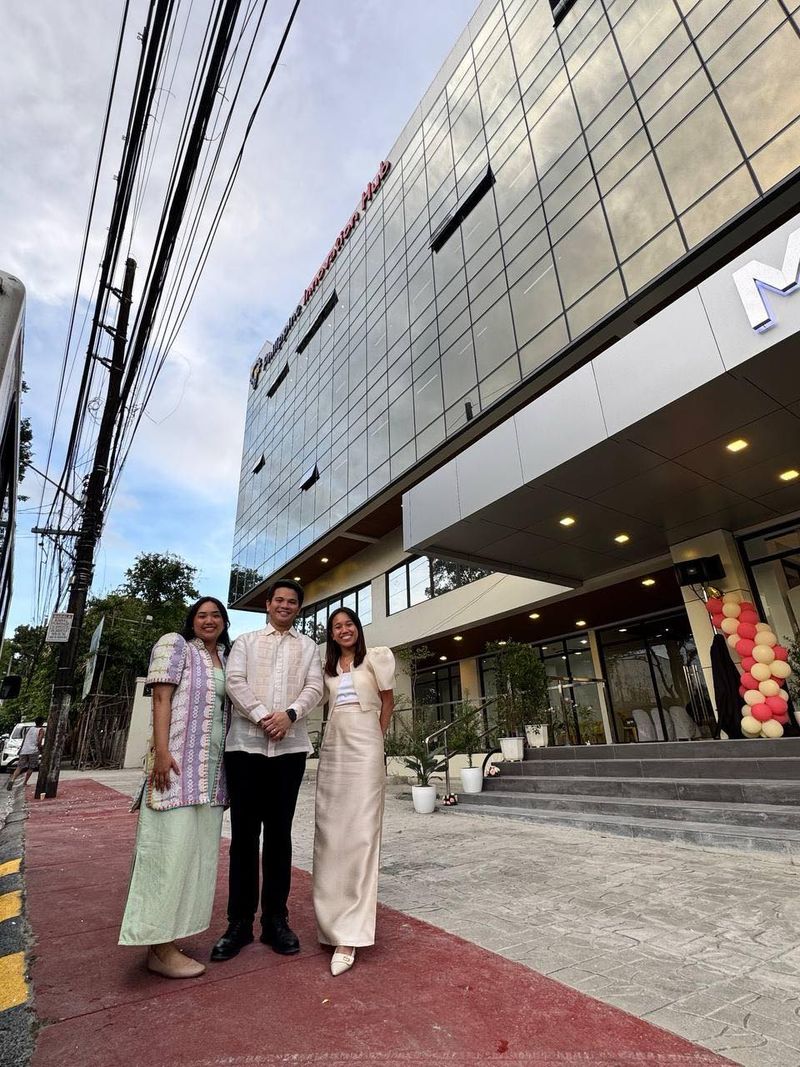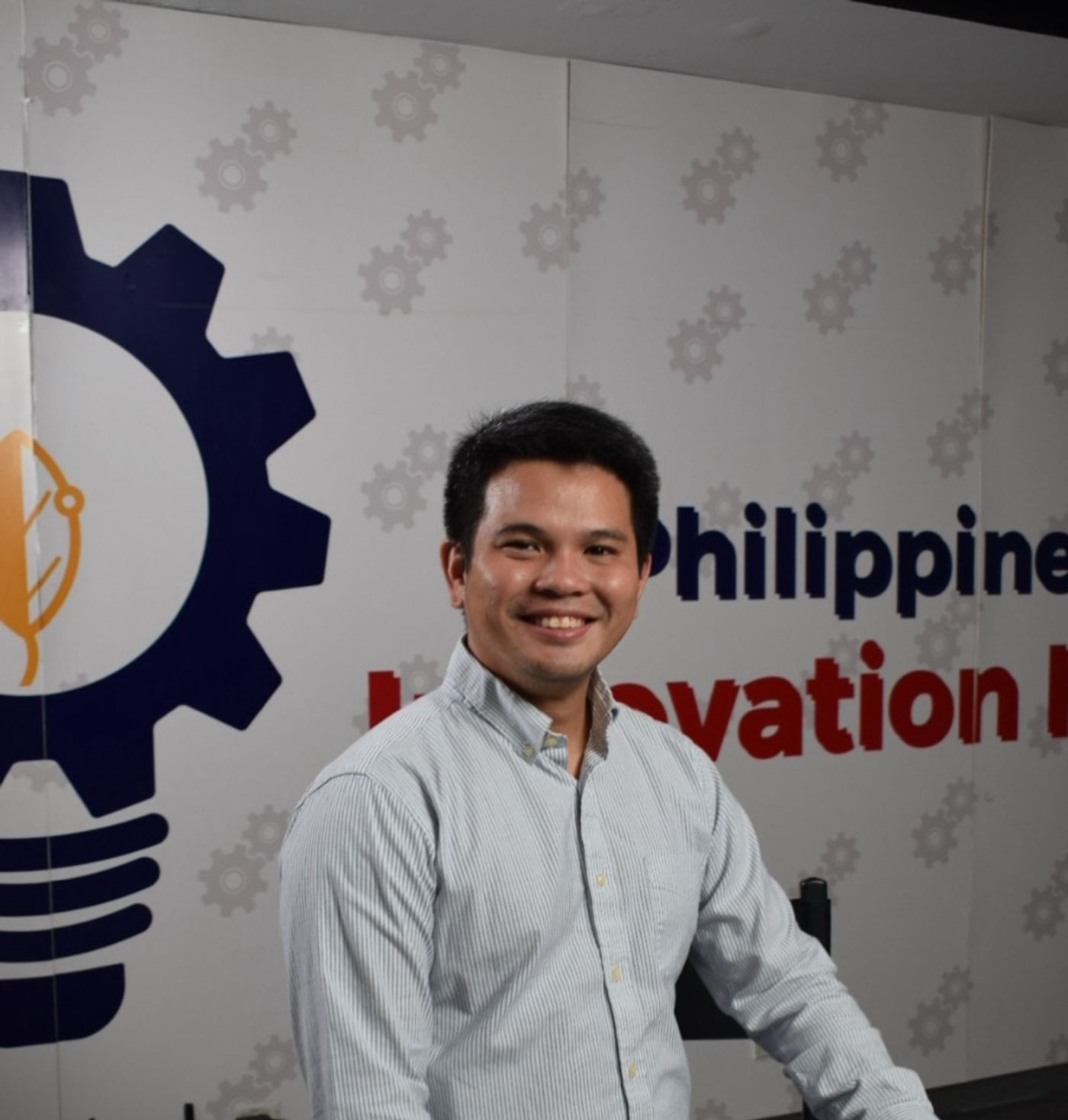National Development Company: Pioneering Innovation and Empowering Startups at the Philippine Innovation Hub
Jerahmeel Chen
The National Development Company (NDC), the Philippines’ premier state-owned enterprise under the Department of Trade and Industry, is set to launch the Philippine Innovation Hub—iHub MEC—this April in Marikina City. Designed as a 6,000-square-meter, five-story facility, the hub will support startups and MSMEs in key sectors like fashion, food, gaming, AI, blockchain, and fintech. Through tailored incubation and acceleration programs, NDC aims to drive inclusive innovation and empower entrepreneurs across the country. With that, let’s dive deeper into NDC’s mission and innovation with its Chief Innovation Officer, Jerahmeel Chen.
What is the National Development Company and can you tell us more about the upcoming Philippine Innovation Hub in Marikina?
The National Development Company, or NDC, is the investment arm of the Philippine government. It’s a 106-year-old government-owned and controlled corporation that historically played a vital role in funding priority industries—ranging from agriculture and mining to key industrial ventures like National Steel, First Textiles Manufacturing Company and even Philippine Airlines. Over the years, it’s served as a catalyst for foreign direct investment, partnering with global companies like GE and Goodyear to bring development into underinvested sectors of our economy.
More recently, under the Startup Act of 2019, NDC was tasked with managing the government’s venture capital fund in support of startups. This led to the creation of the Philippine Innovation Hub, a central space to consolidate government support programs for the startup ecosystem. That hub will now be housed in the Marikina Enterprise Center—a five-story, 20,000-square-meter facility that will serve as an incubator and accelerator for startups across various industries. We're currently targeting a launch on April 29.

When is the hub expected to open, and what stage of development is it currently in?
The building itself is about 90 to 95 percent complete. If all goes according to schedule, we expect the Philippine Innovation Hub to be fully operational by the end of May or early June.
On the program side, our incubation and acceleration frameworks are already in place. We’ve been working closely with our knowledge partners, and we’re finalizing agreements—particularly with DICT and DOST—to onboard the startups they’ve supported into the hub for acceleration. To clarify, we won’t be incubating ideas that are still in the very early stages. We’re focusing on startups that have reached a Technology Readiness Level 6 or higher—those with commercial potential, in line with DOST’s criteria and our own investment principles.
We’ve also started rolling out our marketing efforts to create awareness about the hub and the programs we’re launching. The goal is to make sure the ecosystem knows what’s coming and how they can be a part of it.
What are the main goals or vision for this hub?
The main goal of the Philippine Innovation Hub is to significantly increase the number of startups in the country. This aligns with DTI’s broader vision of eventually producing the first true unicorn in the Philippines—and more beyond that. We're building the foundation for a stronger, more vibrant startup ecosystem.
The vision for the hub is to serve as a central nexus where startups can easily access all the government’s support programs in one place. But it goes beyond that—we also want it to be a collaborative space where ecosystem players outside of government, like the Philippine Stock Exchange, can contribute as well. For instance, PSE is exploring ways to ease regulatory requirements for startup listings, and BSP is considering using the hub as a sandbox environment for fintech innovation. It’s really about creating an environment where both public and private sector support converges to help startups thrive.
How will this hub support startups, entrepreneurs, and innovators in the area?
First and foremost, we’re working closely with our knowledge partners to roll out startup-focused programs within the hub. Startups can join these programs on-site, giving them access to expert-led guidance and structured support. Beyond that, we’re also providing co-working spaces where entrepreneurs can collaborate, learn from each other, and build valuable networks within the community.
But what really sets this hub apart is our one-stop shop for government support. Startups won’t have to stress about navigating the complexities of compliance—we’ll have dedicated customer service on-site to help with business registration, government requirements, even bookkeeping. Plus, through our partnership with ARTA, startups can raise any red tape issues they encounter, all in one centralized space. We’ve brought multiple government agencies together under one roof to truly simplify the startup journey.

How is NDC planning to measure the success or impact of the Marikina Innovation Hub?
The primary measure of success for the Marikina Innovation Hub is the number of startups that access its programs, with a focus on tracking the flow of startups coming in and going out after undergoing incubation and acceleration. We also assess the broader impact, such as the level of awareness generated and how many startups from different regions we can support by bringing them into the hub. Additionally, we measure the success of those incubated by our partner agencies like DTI, DOST, and DICT, as well as the progress of startups going through our acceleration process.
-
Jerahmeel Chen is the Chief Innovation Officer of the National Development Company (NDC), driving initiatives to support the Philippine startup ecosystem. He plays a key role in establishing the Philippine Innovation Hub in Marikina, offering startups access to government programs and resources. Jerahmeel is focused on simplifying processes for entrepreneurs and fostering partnerships to accelerate innovation.
Visit www.techshake.asia if you would like to know and connect more with NDC and iHub-MESH.
Are you a startup, investor or corporation? Or do you just enjoy talking about startups? There are many ways that you can work with TechShake.
We’d love to hear from you!